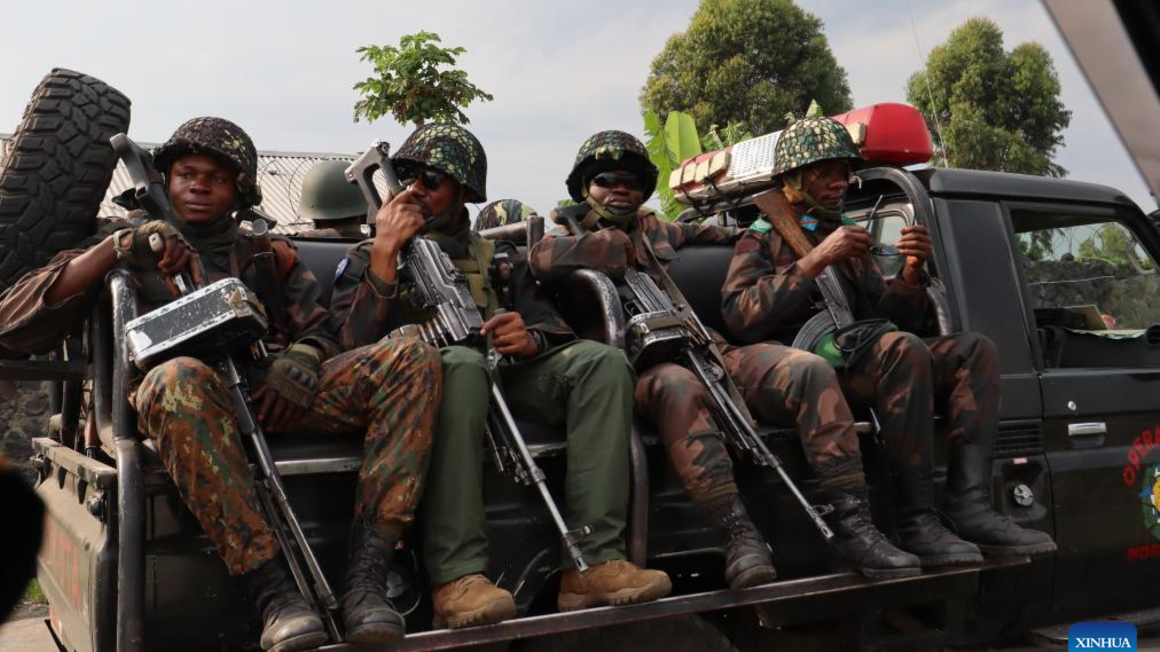Experts and analysts have piled criticism on the leaders of the Southern African Development Community (SADC) for “adding fuel to Mozambican fire” and for “failing the people of Mozambique” that has been for weeks engulfed in post-election violence.
Zimbabwe’s president Emmerson Mnangagwa, who is also chair of SADC, has said the regional bloc is ready to assist troubled Mozambique. In a statement, he said the post-election violence in Mozambique must end after the country’s top court this week validated results of the 9 October polls that extended the ruling Frelimo party’s half-century grip on power. Also South Africa has called for dialogue in the former Portuguese colony, where the opposition is claiming that the election was rigged. But experts and analysts, such as Tendai Ruben Mbofana, a Zimbabwe-based social justice advocate, have questioned “why has the regional body, entrusted with ensuring peace and stability in southern Africa, remained disturbingly silent in the face of this growing crisis?”
According to Mbofana, “the answer lies partly in the actions — or lack thereof — of SADC’s current chairman, Zimbabwean President Emmerson Mnangagwa.” He suggests that Mnangagwa should have acted as a neutral arbiter or a voice for reconciliation, instead of endorsing the Mozambique’s top court’s decision and even issuing a congratulatory message to Chapo. “His statement not only appeared to disregard the opposition’s grievances but also hinted at a veiled threat to those challenging the results,” Mbofana writes, referring to Mnangagwa’s approach as “not only inflammatory but also irresponsible, particularly given the volatile situation on the ground.” Namibian political analyst Ndumba Kamwanyah concurs, saying that SADC leadership has only added fuel to the fire in Mozambique. “SADC is the problem. It should have gotten hold of the situation just after the elections. They sent observers there who just left after issuing their preliminary report,” Kamwanyah says.



